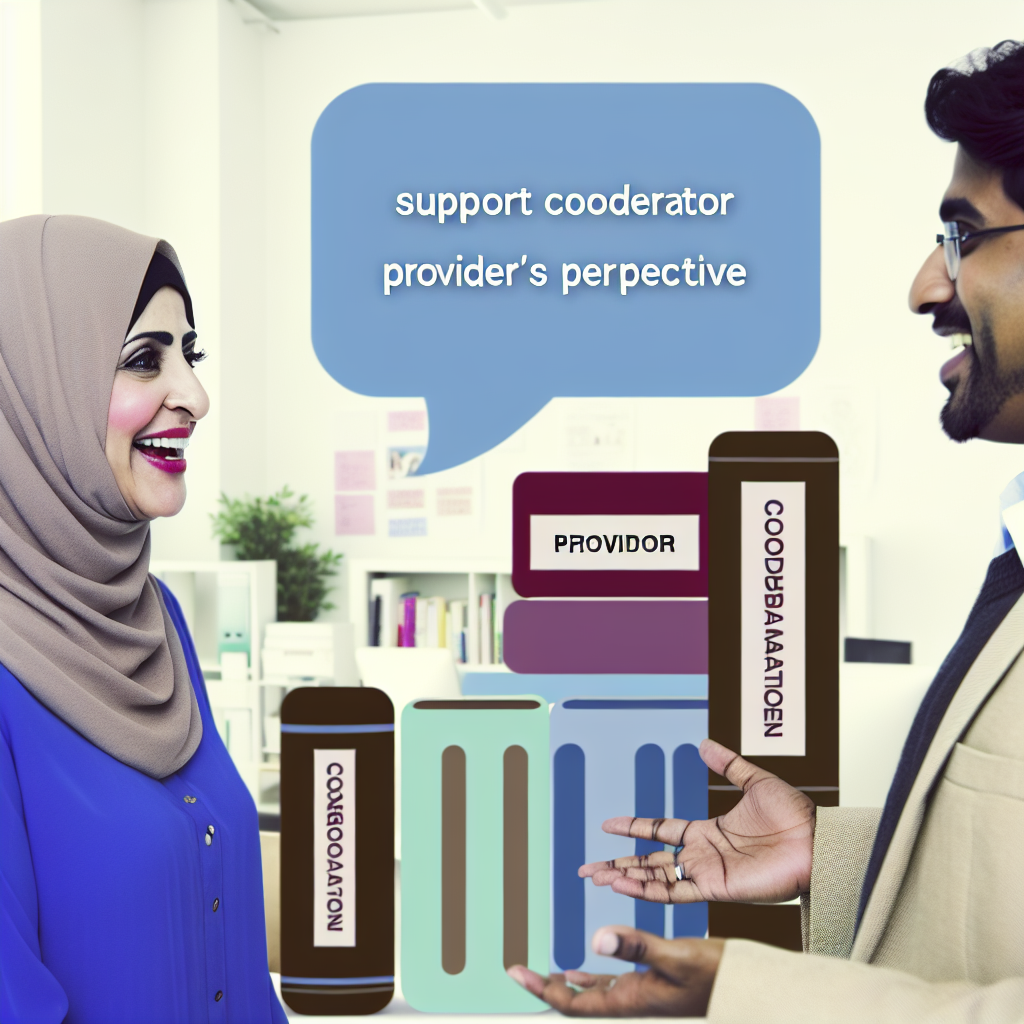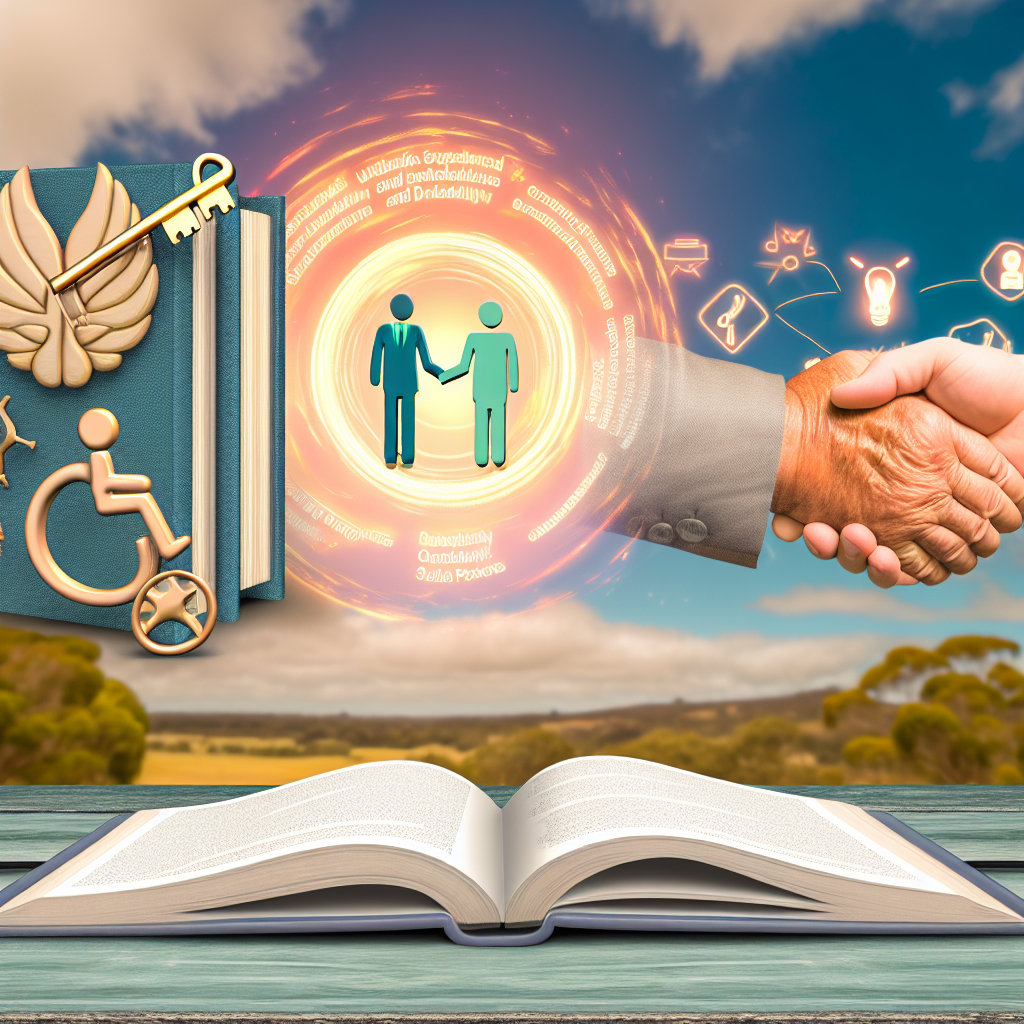In Australia, the National Disability Insurance Scheme (NDIS) is a beacon of hope for individuals with disabilities, offering them a pathway to greater independence and quality of life. But what about Indigenous communities? How does the NDIS extend its support to these unique and diverse populations? In this article, we’ll explore the crucial intersection of the NDIS and Indigenous communities, shedding light on the efforts to bridge the gap for inclusive support.
Acknowledging the Diversity of Indigenous Communities
First and foremost, it’s essential to recognize the rich diversity within Indigenous communities across Australia. These communities encompass various cultures, languages, traditions, and lifestyles, making each unique in its own right. The NDIS understands this diversity and is committed to providing culturally sensitive and appropriate support.
Cultural Sensitivity and Inclusivity
The NDIS places a strong emphasis on cultural sensitivity and inclusivity. It recognizes that individuals from Indigenous communities may have unique perspectives and needs. This approach means that the NDIS seeks to engage with Indigenous communities on their terms and is mindful of cultural protocols.
Tailored Support for Indigenous Participants
The NDIS offers tailored support for Indigenous participants through several key avenues:
- Cultural Liaison Officers: Many NDIS offices have Cultural Liaison Officers who are often from Indigenous backgrounds. These officers can provide support, information, and guidance to Indigenous participants and their families.
- Community Engagement: The NDIS actively engages with Indigenous communities through community meetings, events, and partnerships. These interactions allow the NDIS to gain insights into the specific needs and aspirations of Indigenous participants.
- Cultural Competence Training: NDIS staff members receive cultural competence training to ensure they understand the unique needs of Indigenous participants and can provide culturally appropriate support.
Accessibility and Communication
The NDIS also strives to make its information and services more accessible to Indigenous communities:
- Multilingual Resources: The NDIS offers resources in various Indigenous languages to better serve non-English-speaking participants.
- Communication in Preferred Formats: Participants can request information in their preferred formats, whether that’s in writing, Braille, or audio.
Local Area Coordinators
Local Area Coordinators (LACs) play a vital role in connecting Indigenous participants to the NDIS. LACs are often locals who have deep knowledge of the community and can assist in navigating the NDIS, accessing support, and making the most of their NDIS plans.
The Challenges and Progress
It’s important to acknowledge that there have been challenges in ensuring that Indigenous communities receive the support they need. Issues such as geographical remoteness, language barriers, and the legacy of past policies have made the task complex.
However, significant progress has been made, with the NDIS working in collaboration with Indigenous communities and organizations to address these challenges. By building trust, understanding cultural nuances, and actively listening to Indigenous voices, the NDIS is taking steps toward more equitable and inclusive support.
The Way Forward
The intersection of the NDIS and Indigenous communities is a promising path toward greater inclusion and support for all Australians, regardless of their background or abilities. The NDIS recognizes the importance of respecting and valuing Indigenous cultures, and its commitment to inclusivity is a testament to Australia’s dedication to leaving no one behind.
The NDIS’s outreach to Indigenous communities represents a significant step toward ensuring that all Australians have equal access to the opportunities and support they deserve. As the NDIS continues to work closely with Indigenous communities, the future holds the promise of more inclusive and culturally respectful support, empowering Indigenous individuals to thrive and live their best lives.








